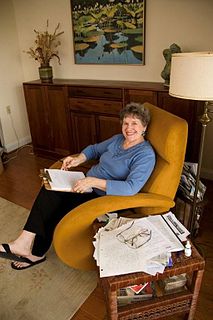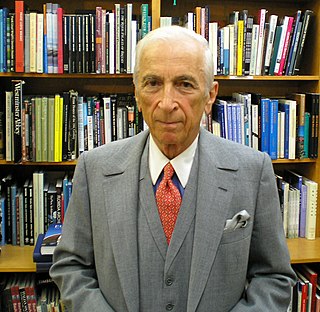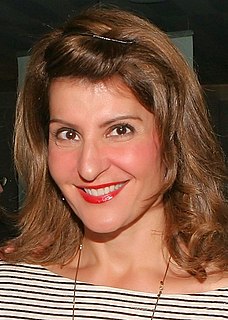A Quote by Phyllis Reynolds Naylor
Anyone of any age, any race, any background, any education - if they write an interesting enough book - can become a published author. What it takes is imagination, the ability to put words on a paper in an interesting, perhaps even unique way, the fortitude to rewrite, rewrite, rewrite, and polish, edit, polish, edit until the story sort of sings. I think everyone has a story inside him, but only a few have the persistence and, of course, the interest, to write it down and see it through.
Quote Topics
Ability
Age
Any
Anyone
Author
Background
Become
Book
Course
Down
Down And
Edit
Education
Enough
Even
Everyone
Everyone Has A Story
Few
Fortitude
Him
Imagination
Inside
Interest
Interesting
Only
Paper
Perhaps
Persistence
Polish
Published
Put
Race
Rewrite
See
Sings
Sort
Story
Takes
Think
Through
Unique
Until
Way
Words
Write
Related Quotes
There were guys in 'The State' who would take one script and rewrite it and rewrite it and rewrite it and fight for it for a whole season, and after a couple of seasons, you realized that doesn't work. You have to just be willing to throw something away, no matter how good it is, and write a better joke.
I really - I don't take my work that seriously, and I think that's what keeps me loose. If I try to write, if I catch myself trying to write, I'll fall right on my face. I'll see it. If I see in the prose that I'm - 'Boy, look at me writing,' I rewrite it. I rewrite it because I don't, because I think it's distracting.



































